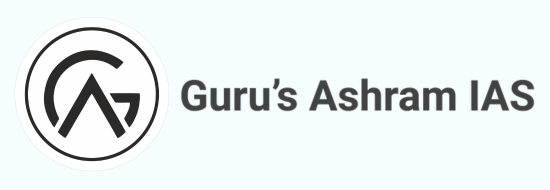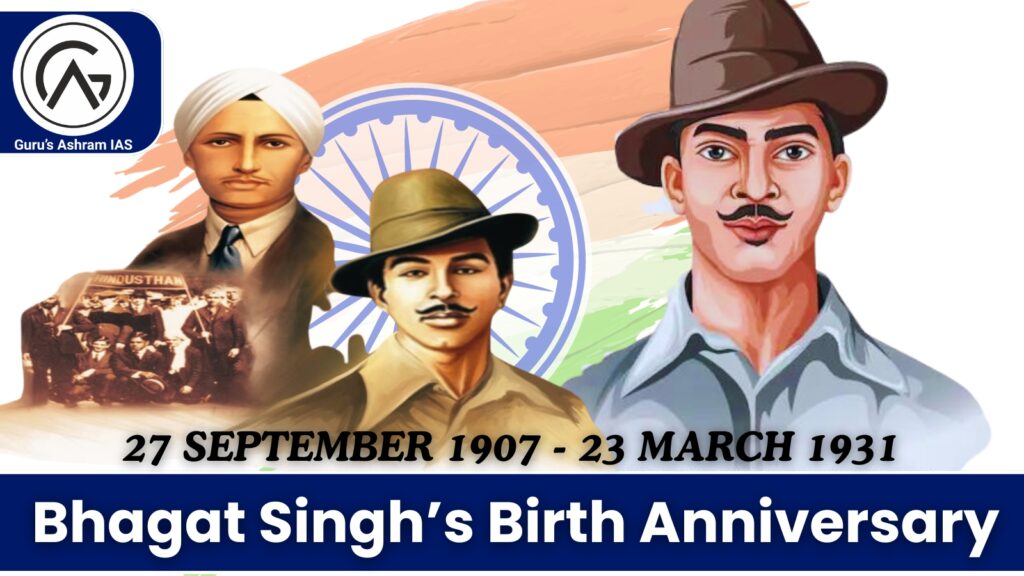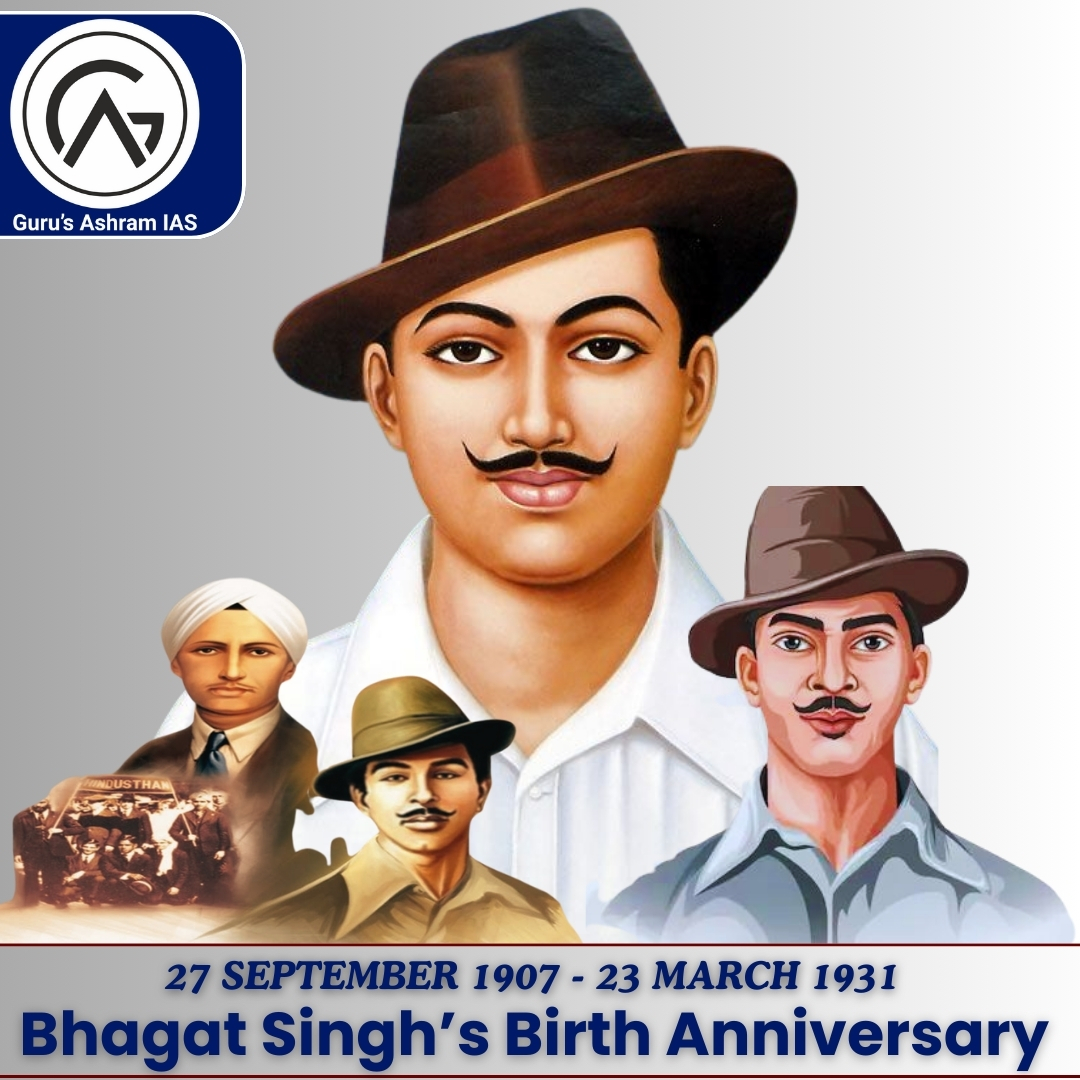Bhagat Singh’s Birth Anniversary
- 28th September 2024 marks the birth anniversary of the great revolutionary Bhagat Singh, whose teachings continue to inspire the people of India.
- His birth anniversary is celebrated as a national hero who dedicated his life for the freedom of the country against the British colonial rule with courage and sacrifice.
Bhagat Singh:
- Bhagat Singh was born on September 28, 1907in Banga, Punjab, British India (now in Pakistan). He belonged to a Sikh family that was actively involved in anti-colonial activities, his father Kishan Singh and uncle Ajit Singh were prominent freedom fighters.
The early life:
At the age of 12, he witnessed the Jallianwala Bagh massacre, which instilled in him a deep sense of patriotism and an oath to fight for India’s freedom.
Education:
He entered the National College, Lahore, founded by Lala Lajpat Rai, which emphasized the Swadeshi movement and provided a platform for revolutionary ideas.
The revolutionary organization:
Bhagat Singh became a member of Hindustan Republican Association (HRA) in the year 1924, later it was renamed as Hindustan Socialist Republican Association (HSRA) in 1928.
The Naujawan Bharat Sabha was founded by Bhagat Singh in 1926 with the objective of mobilizing the youth for the freedom struggle.
The main tasks:
Involved in the murder of police officer J.P. Saunders (Lahore Conspiracy Case) in the year 1928 as a reprisal for the death of Lala Lajpat Rai due to police brutality.
On 18 April 1929, along with B. K. Dutt, he threw a bomb in the Central Legislative Assembly in protest against the oppressive British laws.
Arrest and trial:
In 1929, he was arrested for a bomb blast and later charged with murder in the Lahore Conspiracy Case. A case was filed against him, and he was sentenced to death.
He was hanged in Lahore on 23 March 1931 along with fellow revolutionaries Sukhdev and Rajguru. Bhagat Singh is fondly known as Shaheed-e-Azam, the greatest martyr.
Literary Contributions:
Author of important works, including “Why I am an Atheist,” “Prison Diary” and other works, and several political manifestos supporting socialism and revolution.”
In his seminal work Vishwa Prem, Singh emphasised the importance of equality. He envisioned a world free from hunger and war that transcends the boundaries of human race and nationality.
Ideologies:
Supported Marxist and socialist ideologies, emphasized rationalism, equality and justice. Criticized organized religion, seeing them as mental and physical slavery.
Heritage:
His birth anniversary (on the date of his execution) as a national hero and martyr is celebrated annually in honour of his contribution to India’s freedom struggle.
Every year 23rd March is observed as Martyr’s Day to pay homage to freedom fighters Bhagat Singh, Sukhdev and Rajguru.
Relevance of Bhagat Singh’s ideology in the world at present:
The World Fraternity:
Bhagat Singh’s idea of universal love is to promote global peace, equality and cooperation in times of rising nationalism, racism and economic inequalities.
Communal harmony:
His critique of communalism in his writings Communal riots and their solutions are relevant in contemporary India, where religious and communal tensions are undermining social cohesion.
Participation of students in politics:
Singh has called upon students to participate in political discussions, as outlined in his article ‘Students and Politics’, which is in line with the ongoing discussion about the role of youth on social and political issues at present.
Upliftment of marginalized communities:
In his book ‘The Problem of Untouchability’, Singh advocates empowerment of oppressed groups and dismantling of caste hierarchies, which coincides with the ongoing struggles for social justice and equality in India today.
The revolutionary spirit:
Singh’s view on revolution, which is reflected in his article ‘What is Revolution? ‘It calls for a sustained challenge to repressive systems and reactionary forces.
This idea is applicable in modern movements of political reform and social change at the global level.





